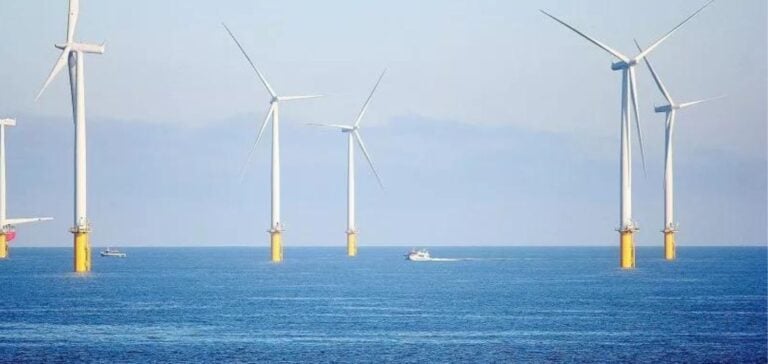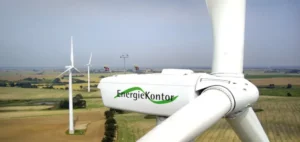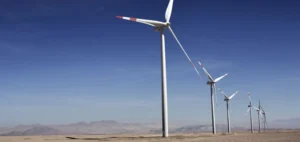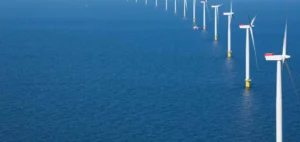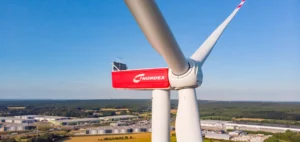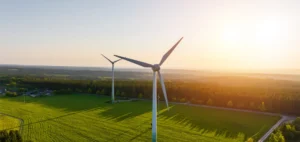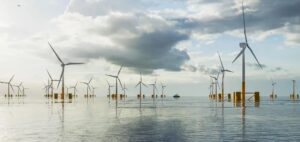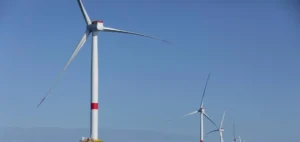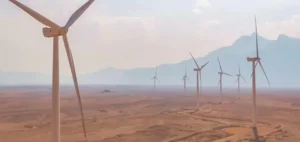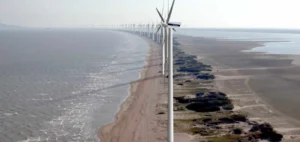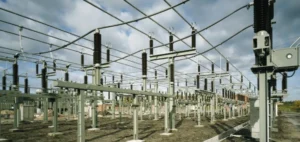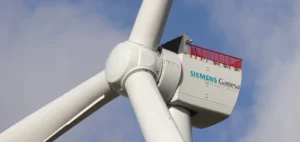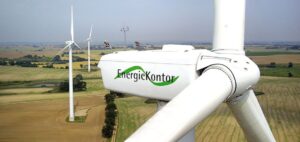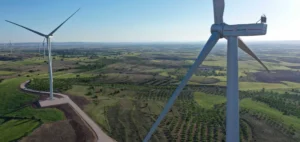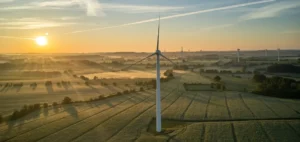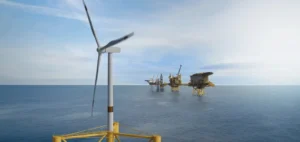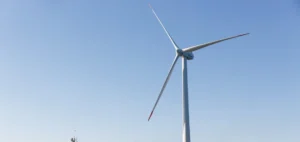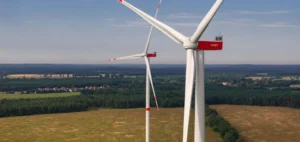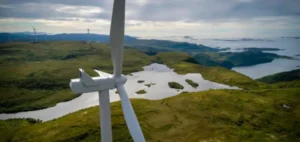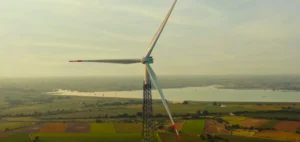RWE has obtained approvals from the German Federal Maritime and Hydrographic Agency (BSH) to launch the first phase of its Nordseecluster offshore wind project. Located some 50 kilometers north of the islands of Borkum and Juist, this 660-megawatt project marks an important milestone for the company. Construction of this phase, comprising 44 turbines of 15 MW each, will start in 2025, with full commissioning scheduled for early 2027.
Nordseecluster Expansion Outlook
Nordseecluster B, the second phase of the project, will add a further 900 megawatts, with commercial commissioning scheduled for early 2029. Ultimately, the Nordseecluster should generate around 6.5 terawatt-hours of electricity per year. This energy production is destined for industrial customers, including data centers specializing in artificial intelligence, strengthening the sector’s energy capacities and competitiveness.
Impact on the energy market
With this expansion, RWE plans to consolidate its position in the offshore wind market. Key suppliers have already been selected, and production of certain components has begun. The electricity generated will be transmitted via the DolWin Kappa conversion platform, optimizing energy distribution.
Back to Nordseecluster
The Nordseecluster, with its 1.6 gigawatts of installed capacity, represents a strategic investment worth several billion euros. This project is essential to meet Germany’s growing energy demand and to diversify the country’s energy mix. The 660 MW of the first phase will require considerable investment in marine and land infrastructure, including transmission networks and converter systems. The second phase, adding a further 900 MW, involves careful planning for integration into the national grid and management of generating capacity. Investment in this phase will enhance grid stability and provide a reliable source of power for industrial users, which is crucial to supporting Germany’s booming technology industry. RWE’s strategic approach to the development of the Nordseecluster emphasizes the importance of collaboration with technological and industrial partners. By carefully selecting suppliers and integrating the latest technological innovations, RWE optimizes project performance and sustainability. This strategy not only improves operating efficiency, but also reduces long-term costs, offering shareholders an attractive return on investment. RWE’s development of the Nordseecluster marks a key strategic step in the expansion of offshore wind power in Germany. With a total capacity of 1.6 gigawatts and significant investments, this project strengthens the position of RWE and Germany in the global energy market.

